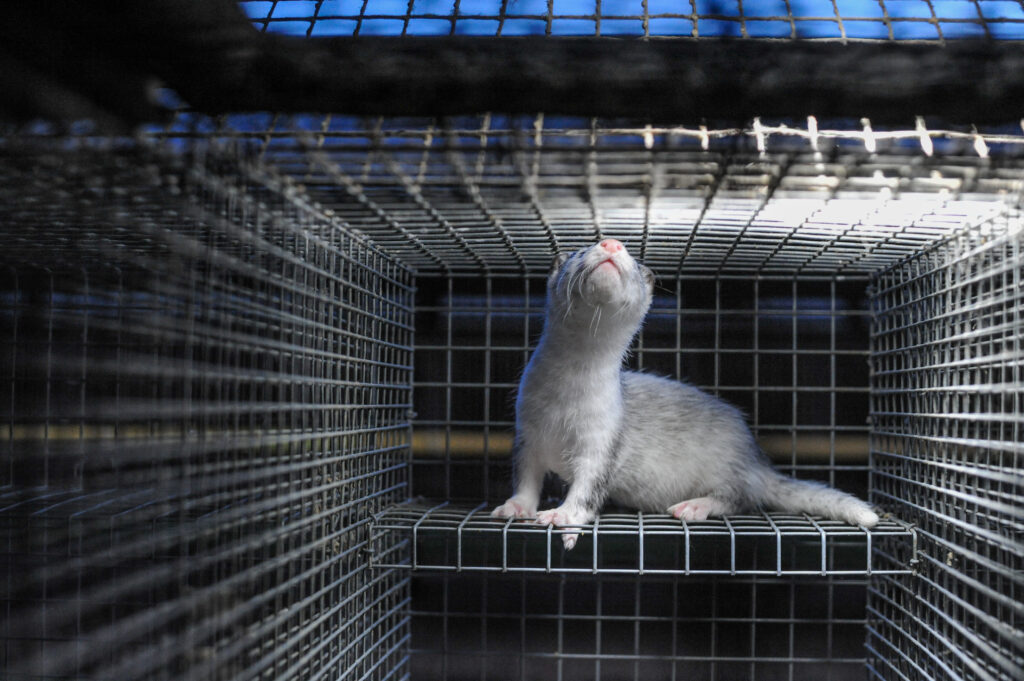Fur in schools…
Following the recent influx of news about the fur industry and mass cull of hundreds of thousands of minks across Europe (Netherlands, Denmark, Greece etc) due to Covid-19 infections, we believe it is necessary to approach the subject differently in this article.
Fur production has no place in today’s society. Because it is no longer a basic need for survival, there is no moral foundation for its use – just as there can be no justification for using animals in circuses, solely for entertainment purposes.
With so many alternatives to fur clothing, why does Greece’s fur industry continue? Circuses were banned, why not fur farms too? The answer is the opportunity for commercial gain in a thriving fur industry in Greece, when there wasn’t a local circus industry. But importantly, let’s not also forget that wherever there is demand, there shall be supply too.
Many different opinions and arguments will be heard. Some will promote that fur breeders in Greece need to be reimbursed for the loss of their animals and others will support a ban, wanting to follow the examples of so many other European countries. However, for every circus with animals, every fur shop, every outbreak of Covid-19, there will be countless more issues we will encounter in the future. The list is endless… human trafficking, climate change, discrimination, with the common root for most being human behaviour. Let’s not forget how Covid-19 began, through zoonotic spillover, along with many other diseases including SARS and Bird Flu: this is why the global scientific community is calling an end to the destruction of habitats as humans increasingly encroach on nature. We cannot ignore the united, respected voices of National Geographic, Jane Goodall and End Pandemics.

In many cases, legislation is created in retrospect to the problem. It also takes a long time for law to be enforced, especially when understanding and public support is not in its favour.
The need to focus on prevention is becoming more and more obvious. While we cannot say exactly what issues our children will face in the future with regards to life on Earth, we can say with certainty that they will face enormous problems. We must prepare them to become ‘global citizens’ who care and can employ critical thinking. Our children must become citizens who can judge whether it is right to visit a dolphinarium, whether they should recycle, whether women should have equal rights to men and so on. And when there are not ready solutions, they must be capable of creating or discovering solutions themselves.
How can we achieve this? Education is the way from fur to compassion. Through the scientifically evaluated Caring for Life Education curriculum for primary school children – find out more here….


